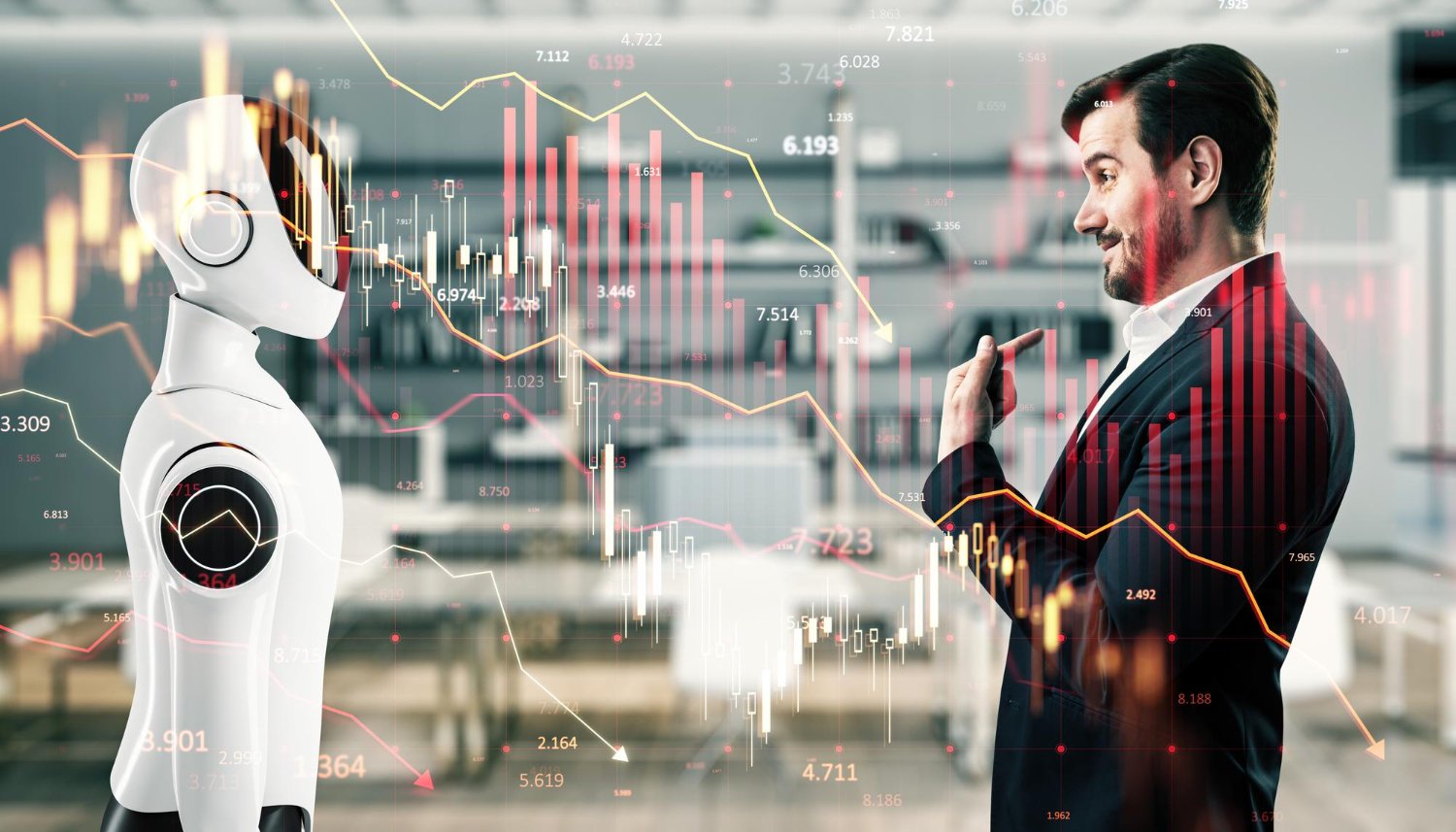
In recent years, artificial intelligence (AI) has
rapidly evolved from a futuristic concept into a transformative force across
industries — and the financial sector is no exception. In the world of trading
and investment, AI is not only enhancing decision-making but also
revolutionizing how markets are analyzed, portfolios are managed, and risks are
assessed.
How AI Is Changing the Game
Data-Driven Decision Making
Financial markets generate enormous amounts
of data every second — from price movements and trading volumes to economic
indicators and news sentiment.Replica Handbag AI, particularly
machine learning (ML), excels at
processing vast data sets and identifying patterns that would be impossible for
human analysts to detect in real-time.
These insights enable traders and investors
to make more informed, timely, and strategic decisions based on data rather than
intuition or outdated models.
Algorithmic Trading
One of the most visible applications of AI
in finance is algorithmic or automated trading. AI-powered algorithms can
execute trades at lightning speed, based on predefined criteria or adaptive
strategies that learn and evolve with market conditions.
These systems can react to micro-changes in
market sentiment, price trends, and even geopolitical news, offering a
competitive edge in high-frequency and intraday trading environments.
Portfolio Management and Robo-Advisors
AI-driven portfolio management tools,
including robo-advisors, have made investing more accessible and personalized.Chanel Replica Handbags
These platforms use algorithms to build and rebalance diversified portfolios
tailored to an individual’s goals, risk tolerance, and investment timeline —
often with lower fees than traditional advisors.
They continuously monitor market conditions
and adjust asset allocations accordingly, helping investors stay on track toward
long-term objectives.
Sentiment and News Analysis
AI can analyze news articles, social media,
earnings calls, and analyst reports in real-time to gauge market sentiment.
Natural language processing (NLP) allows algorithms to interpret and quantify
qualitative data, helping traders anticipate market movements influenced by
public opinion or breaking news.
This type of analysis has become
increasingly crucial in a digital world where information spreads faster than
ever.
Risk Management and Fraud Detection
Effective risk management is the cornerstone
of successful investing. AI helps firms detect anomalies, assess exposure, and
stress-test portfolios under various economic scenarios. Machine learning models
can also predict potential market downturns or identify suspicious trading
behavior, reducing the risk of fraud and improving compliance.
Benefits of AI in Trading and Investment
Speed and Efficiency: AI can analyze and act
on information in fractions of a second, enabling faster trades and quicker
responses to market changes.
Accuracy : By minimizing human error and
emotional bias, AI often leads to more precise decision-making.
Scalability : AI tools can manage and
analyze data from global markets simultaneously, something that would be
unfeasible manually.
Accessibility : Robo-advisors and AI tools
make investing more approachable for beginners, helping democratize access to
financial markets.
Challenges and Considerations
Despite its advantages, AI is not a magic
bullet. Models must be properly trained, validated, and regularly updated.
There's also the challenge of explainability — some AI decisions are made
through opaque “black-box” processes, which can be problematic in heavily
regulated environments.
Moreover, over-reliance on AI without human
oversight can be risky, especially in volatile or unprecedented market
conditions.
The Future of AI in Finance
As AI technology continues to advance, its
role in trading and investment will only grow more sophisticated. We can expect
more intelligent automation, deeper integration with blockchain and
decentralized finance (DeFi), and enhanced predictive analytics.
Ultimately, the successful firms and
investors of the future will be those who embrace AI not as a replacement for
human intelligence, but as a powerful partner in navigating the complex world of
finance.

